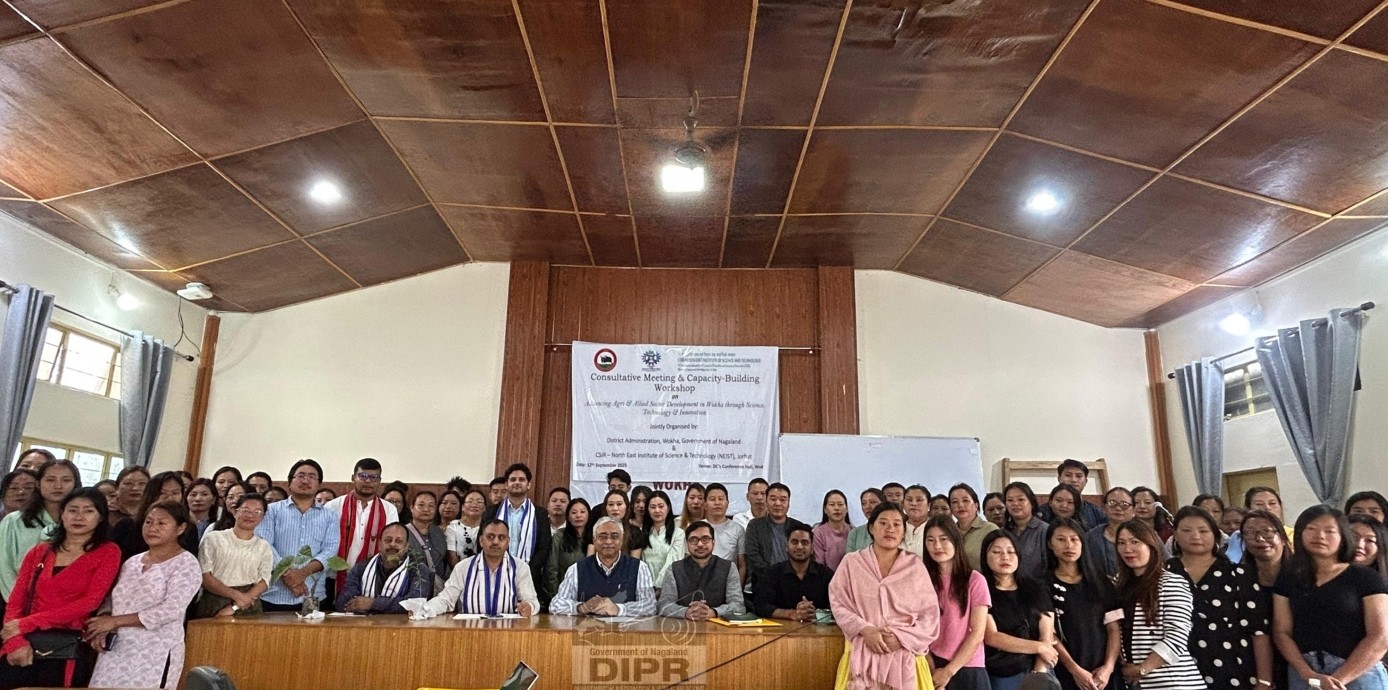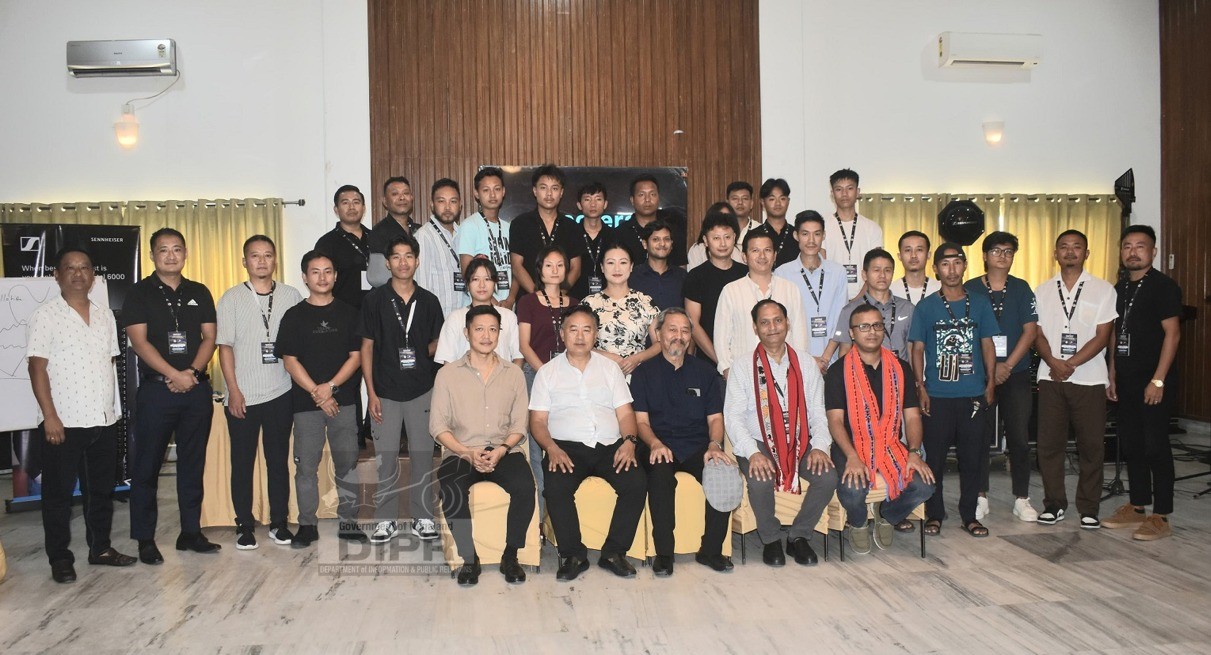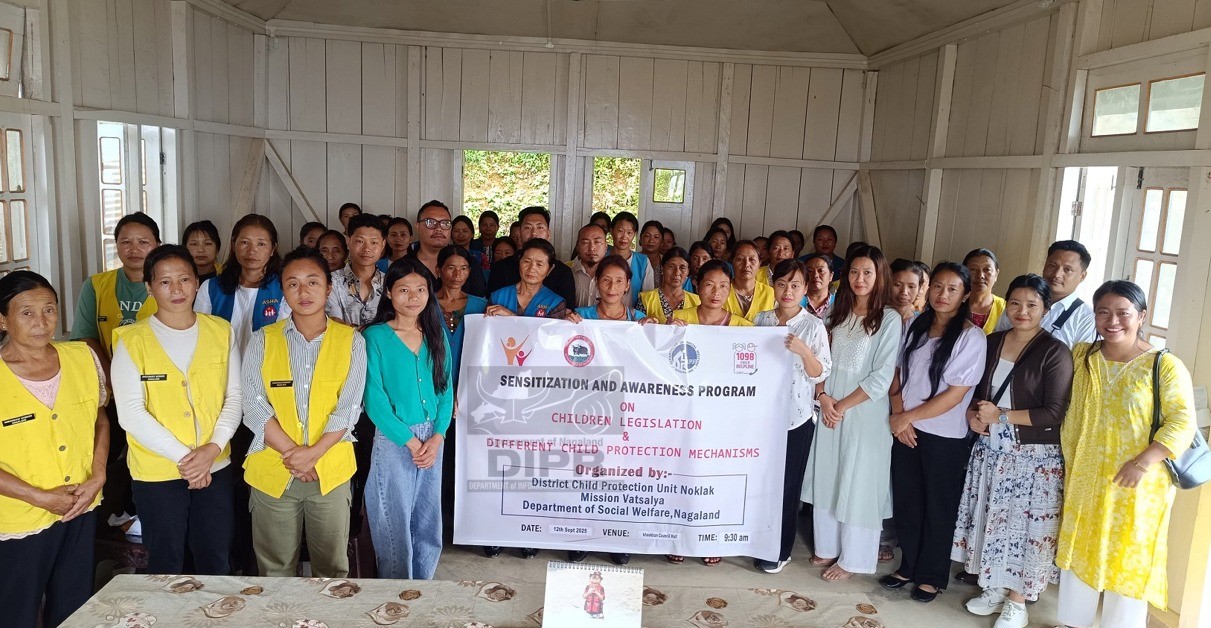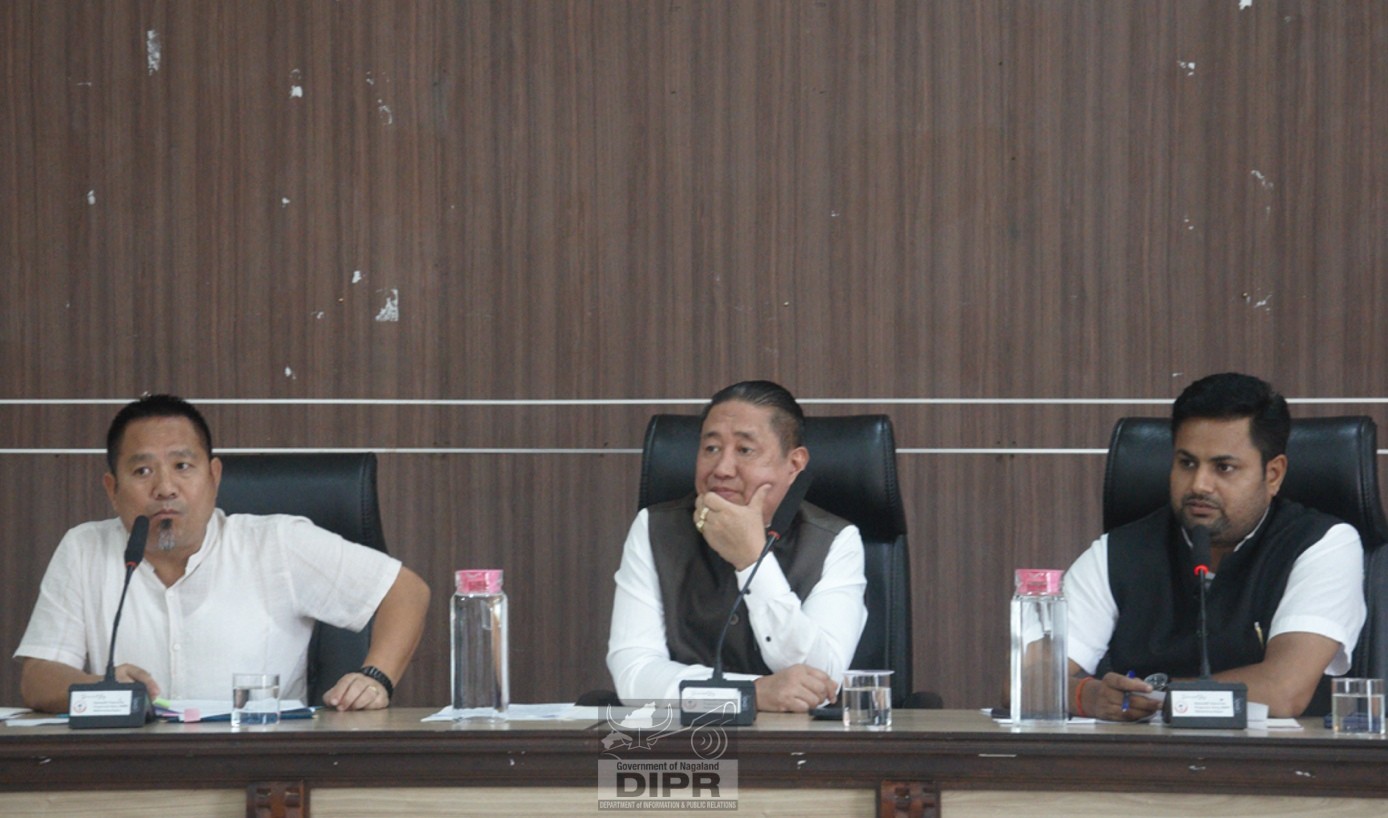Dr. Kekhrielhoulie Yhome, the Advisor for School Education and SCERT made his first visit to Zunheboto district, where he emphasized the importance of appreciating teachers for their dedication and sacrifices. He acknowledged that teachers go above and beyond, serving in remote areas despite facing numerous hardships, including accommodation problems. Dr. Yhome called upon the School Management Committees (SMCs), village GBs, and elders to understand the challenges faced by teachers and extend their cooperation, respect, and support to them.
During his visit, the primary purpose was to understand the sentiments and expectations of the people regarding the School Education Department. Dr. Yhome highlighted that the education department is often subject to political discussions, unlike larger departments, with the Director and Principal Director frequently facing targeted attacks or becoming victims. He requested everyone not to pressurize their MLAs for transfer postings but to collaborate with the Director and seek their assistance when needed.
In response to a query raised by the President of the Eastern Sumi Student Union, who expressed concern over 61 teachers being transferred out of their areas in the past five years, and some schools lacking teachers altogether, Dr. Yhome assured that the department is working on restructuring the teachers' deployment. He assured that the government policy of ensuring the required number of teachers at Government Primary Schools (GPS), Government Middle Schools (GMS), Government High Schools (GHS), and Government Higher Secondary Schools (GHSS) will be implemented soon, and he requested patience from all stakeholders.
The Advisor emphasized that government schools have qualified and experienced teachers, making them an excellent choice for parents to consider for their children's education. He highlighted that sending children to government schools is not only cost-effective but also ensures quality education.
Additionally, Dr. Yhome assigned student leaders the responsibility of assessing the number of children aged between 3 to 8 years receiving free and compulsory education in their respective villages, blocks, or colonies. He firmly believes that every child should receive compulsory education and be in school rather than engaging in labor or other activities.
During his two-day visit, Dr. Yhome visited various schools in Aghunato and interacted with villagers in areas where government schools lacked teachers. He also inspected the Teachers Attendance Monitoring System (TAMS) verification team at Circuit House Zunheboto. The Advisor's visit also included encouraging students at the ongoing construction site of the Government Higher Secondary School building.
Meetings were held with various civil organizations, administrative officers, and the staff of the Education Department under Zunheboto district. Following the visit, Dr. Yhome and his entourage traveled to Satakha to visit the Government Higher Secondary School, concluding his visit to Zunheboto.
In a meeting chaired by Zunheboto Deputy Commissioner Rahul Bhanudas Malli, IAS, specific requests were made to provide more infrastructure, including Physics and Chemistry Labs, to GHSS, and to consider opening a Science degree program (B.Sc) at Zunheboto College. Concerns were also raised about the shortage of Science and Maths teachers in the district.
Director School Education Wonthungo Tsope, who accompanied the Advisor, commended the Zunheboto Range Students' Union (ZRSU) for sponsoring 20 science students at GHSS and encouraged them to continue their support in the future. He emphasized that the purpose of their visit was to seek people's help and emphasized the need to prioritize sending children to government schools with qualified and experienced teachers.
During the meeting, Zunheboto NDPP President Khehoshe Yeptho requested the prompt recruitment of Hindi teachers to address the shortage in many schools. The need to make sports activities an essential part of the school curriculum was also highlighted. The Sumi Kukami Hoho expressed the importance of maintaining proper school infrastructures to provide a safe and clean learning environment for teachers and students.
(DPRO & IA Zunheboto)





